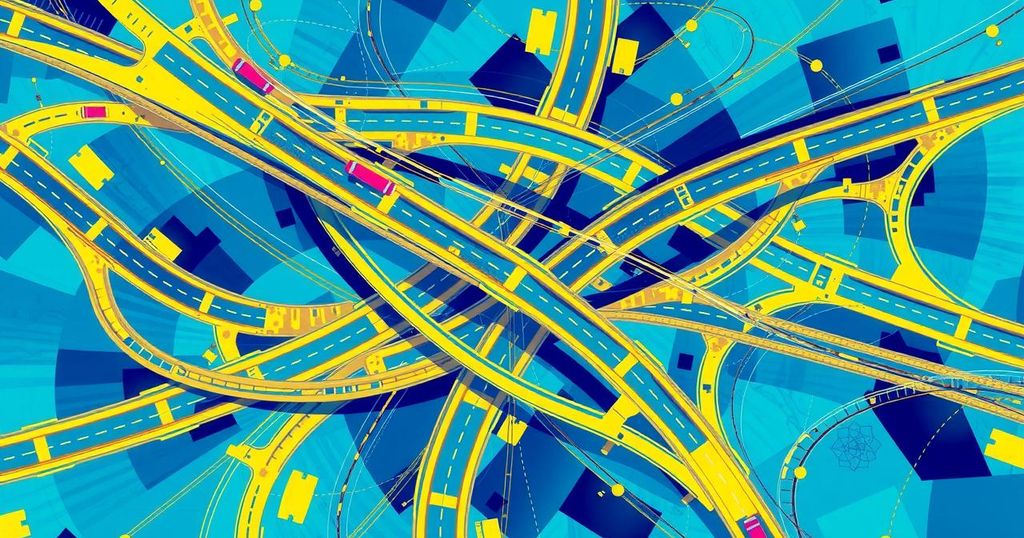Indiana Governor Signs Law Allowing Interstate Tolls for Infrastructure Support
- Governor Mike Braun signed a law allowing interstate tolls in Indiana.
- The state needs a waiver from the Federal Highway Administration to implement tolls.
- Revenue from tolls will support road maintenance and infrastructure needs.
Controversy Surrounds Toll Implementation in Indiana
Indiana’s New Toll Legislation Marks a Controversial Shift in Funding Strategies The landscape of transportation funding in Indiana may be set to change dramatically, raising mixed reactions in the state. Recently, Indiana Governor Mike Braun signed a significant piece of legislation that allows the imposition of tolls on any of the interstates. Although this law offers a sense of financial autonomy for the state’s infrastructure needs, it also raises questions about the financial burden it may place on residents and travelers alike. Adding tolls aims to address the decreasing revenue from fuel taxes, which have been vital for road maintenance and infrastructure upkeep, but many individuals are skeptical about how this could impact their daily commutes.
Public Opinion Poll to Gauge Support for Tolls
Revenue Generation Through Tolls to Support Infrastructure Improvements Under the new law, the process to implement such tolls isn’t as straightforward as it might seem. Indiana would first need to acquire a waiver from the Federal Highway Administration in order to move forward with the tolling strategy. Once this waiver is granted, the state can proceed to launch tolls without needing further legislative approval. This could signal a major evolution in how the state finances its roadways and addresses long-term infrastructure concerns. However, public sentiment appears divided, prompting an online poll gauging whether residents support the addition of interstate tolls to bolster the state’s infrastructure finances as fuel tax revenues wane.
The recent bill signed by Governor Braun has opened the door for Indiana to apply tolls on interstate highways, reflecting a strategic shift in addressing declining fuel tax revenues. Implementing these tolls could yield significant financial resources for road maintenance and infrastructure improvements, particularly as traditional funding sources diminish. However, the reception of this legislation is mixed, as many citizens express concern regarding the tolls’ impact on their daily travels and transportation budgets, emphasizing the need for further dialogue and transparency as the state navigates these changes.




Post Comment